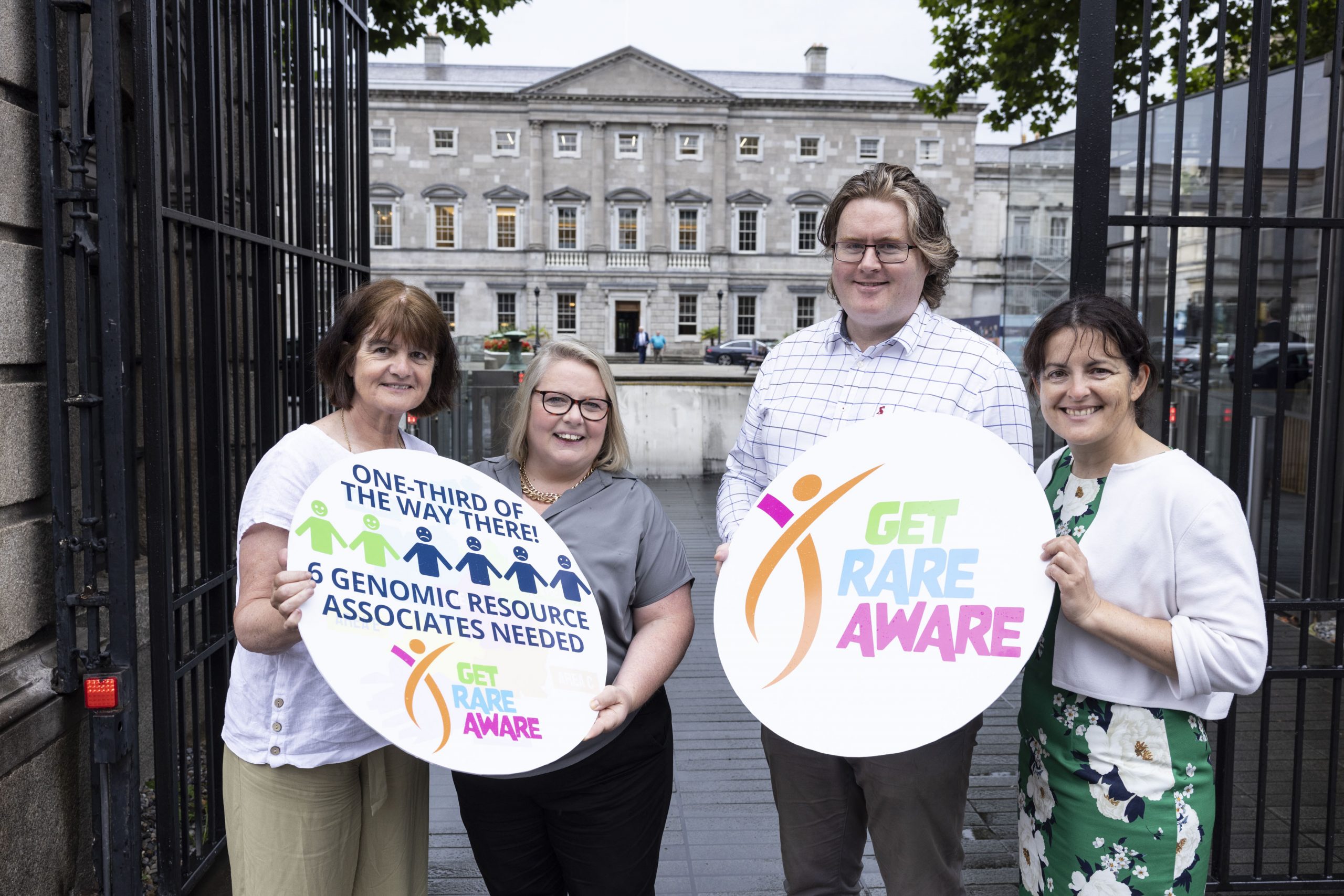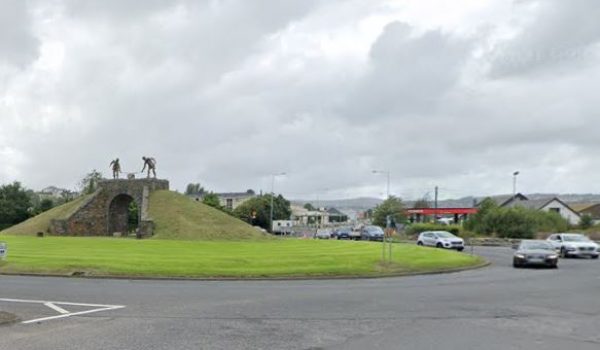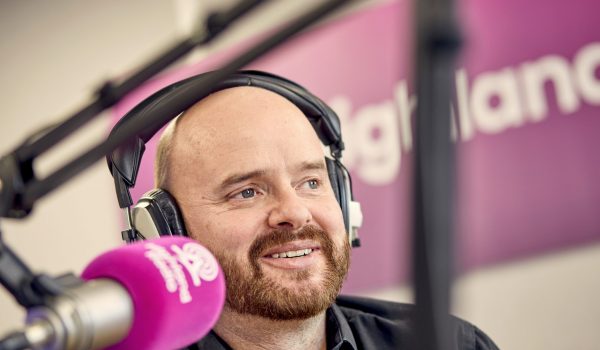
The creation of six new Genomic Resource Associate staffing roles is required at the Department of Clinical Genetics at CHI at Crumlin for the adequate delivery of diagnostic and support services for people with rare diseases, Rare Diseases Ireland (RDI) has warned Oireachtas members from Donegal.
Rare Diseases Ireland (RDI) made the call for the new Genomic Resource Associate roles at a meeting on 28th June in Leinster House to brief Oireachtas members about its Get Rare Aware campaign, which is highlighting the challenges facing people living with rare diseases in Ireland, including in Donegal.
Patient and medical clinician supporters of the Get Rare Aware campaign attended the Oireachtas briefing meeting. Representing the medical clinician community were Dr Sally Ann Lynch, Consultant Clinical Geneticist at the Department of Clinical Genetics at CHI at Crumlin and CHI at Temple Street; Dr James O’Byrne, Clinical Geneticist at the Mater Misericordiae University Hospital; and Professor Rachel Crowley, Consultant Endocrinologist at St Vincent’s University Hospital, Dublin.
According to Rare Diseases Ireland (RDI) — the national alliance for voluntary groups representing people affected by or at risk of developing a rare disease — an estimated 44,654 people are living with a rare disease in Sláintecare’s regional health area F (RHA F), which includes Co Donegal. RDI also estimates that 300,000 people in Ireland, or one in 17 people, are living with a rare disease, of which there are more than 6,000 types.
The Get Rare Aware campaign is calling on Oireachtas members and politicians from Donegal to take action and press the government to deliver on its promise in the Programme for Government to “support the medical genetics service” at CHI at Crumlin by accelerating the allocation of resources to reduce the waiting list for routine genetic services.
According to research findings published by RDI in an ‘Ending the Wait: Actions to reduce the waiting list for Ireland’s genomics service’ report as part of the Get Rare Aware campaign, Ireland has approximately half the number of people employed in core clinical genetic services compared with international peers, resulting in a two-year waiting list for the services, which is in stark contrast to the three-month waiting list for genetic services in Northern Ireland.
Actions outlined in the report include the prioritisation of new Genomic Resource Associate staffing roles, as called out for in the HSE’s National Strategy, to manage the triage process for new referrals, and help people navigate clinical pathways and access post-diagnosis support.
Addressing the meeting, CEO of RDI, Vicky McGrath, told Oireachtas members that two out of the six new “genomic resource associate” roles that it is calling for are going to be rolled out as part of the HSE’s National Strategy, since the launch of the Get Rare Aware campaign in late-March.
The two new roles are to be put in place at the Department of Clinical Genetics at CHI at Crumlin, which is the primary referral location for genetic services for people living with rare diseases in Ireland, including in Co Donegal.
Ms McGrath said, “Since we launched Get Rare Aware back in late-March, we have held information events in each of the six new Sláintecare regional health areas that have been addressed by patient representatives and medical clinicians. Together they have explained first-hand and in real terms the impact that Ireland’s lagging genetic services is having on the people in the country living with rare diseases, their families and the medical community. Our ‘Ending the Wait’ report explicitly details the problems with core clinical genetic services in Ireland, with chronic underfunding resulting in understaffing — Ireland has only half the staff it needs — and a two-year waiting list for routine genetic services. This all leads to delayed diagnosis, deterioration in health and wellbeing and poorer outcomes for people living with rare diseases, including in Co Donegal.
“We are one-third of the way there with our call for six new Genomic Resource Associate roles, as we have been informed that two of these new roles are to be rolled out. However, we are urging Oireachtas members and politicians from Co Donegal to urgently take action to put in place the other four. Ireland and the people living with rare diseases in Co Donegal deserve a health service that’s as good, if not better, than our international peers.”






